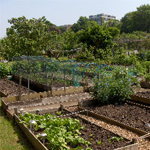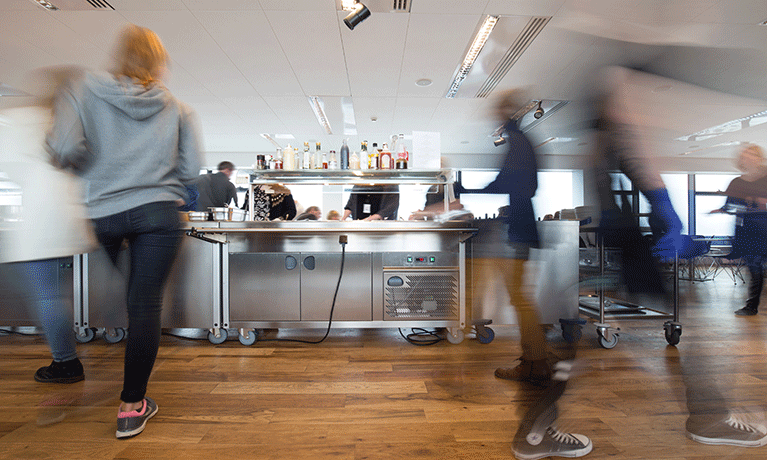 Encouraging people to grow more of their own food is not only beneficial to the environment but leads to improved health and wellbeing and creates stronger local communities, according to Coventry University research.
Encouraging people to grow more of their own food is not only beneficial to the environment but leads to improved health and wellbeing and creates stronger local communities, according to Coventry University research.
In a study of the Master Gardeners programme run by the UK’s leading organic growing charity, Garden Organic, researchers at Coventry University’s Centre for Agroecology and Food Security (CAFS) and the Centre for Sustainable Regeneration (SURGE) found that those involved enjoyed an increased sense of community and improved life satisfaction, as well as having a significant impact on their food growing and consumption habits.
The public’s demand for allotments, advice, and support has now rocketed thanks to high profile campaigns, food and health concerns, community growing networks, and a changing society intent on learning how to grow their own local, organic produce.
Through this new mentoring programme, Garden Organic recruited, trained and supported more than 400 volunteers in five areas – North London, South London, Lincolnshire, Norfolk and Warwickshire – to become Master Gardeners.
These volunteers, aged 16-81, then worked with their local community to encourage more people to grow food. As part of their commitment volunteers then recruit 10 households to mentor in horticulture for a year.
The Coventry University research found evidence of real behaviour change as the majority of both volunteers and households grew more food and a greater range of food after joining the programme. 63% of volunteers and 79% of households have increased the amount of food they grow, and as a result a quarter of households and a third of volunteers were able to reduce the amount they spent on food each week.
A third of mentored households now report spending 3-5 hours a week growing their own food, with a further 50% giving it a go for 1-2 hours a week. It is not just the households that are learning more about growing food; over 95% of both volunteers and households say they have increased their knowledge about food growing through involvement with Master Gardeners.
As a programme built around a network of local volunteers, the Coventry University researchers were keen to explore any possible impact on community. 94% of volunteers said that they felt part of a community, with two thirds saying their sense of community had increased since being involved in the Master Gardeners programme. And the average life satisfaction scores for both Master Gardener volunteers and households has increased; from 7.4 out of 10 to 8.4 amongst volunteers, 7.2 to 7.8 amongst households.
The Garden Organic Master Gardeners programme is supported by the Big Lottery Fund’s Local Food Scheme, Sheepdrove Trust and local authorities.
Coventry University Professor Moya Kneafsey discusses the project in the below video:
The findings from the final evaluation will be released soon.
Learn more about the project at http://www.mastergardeners.org.uk
Follow Coventry University CAFS on Twitter: @CovUniCAFS
Follow SURGE on Twitter: @SURGE_CovUni



Comments are disabled